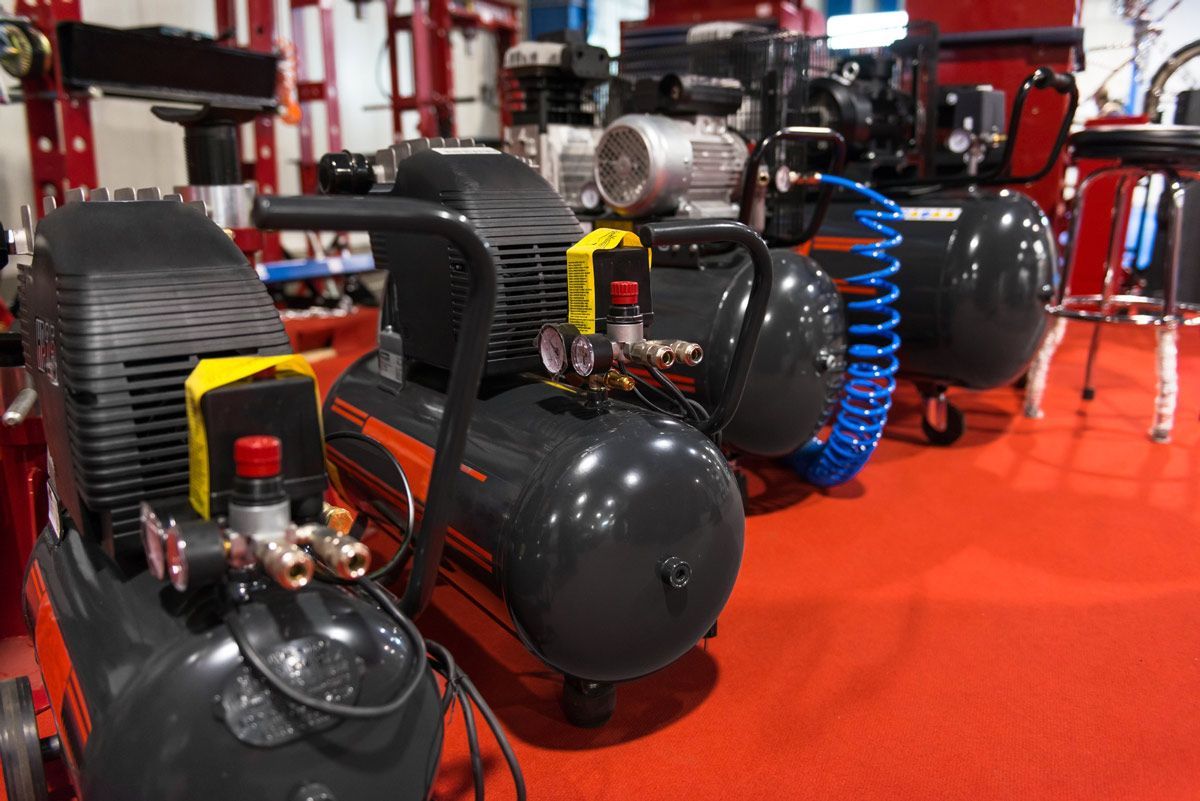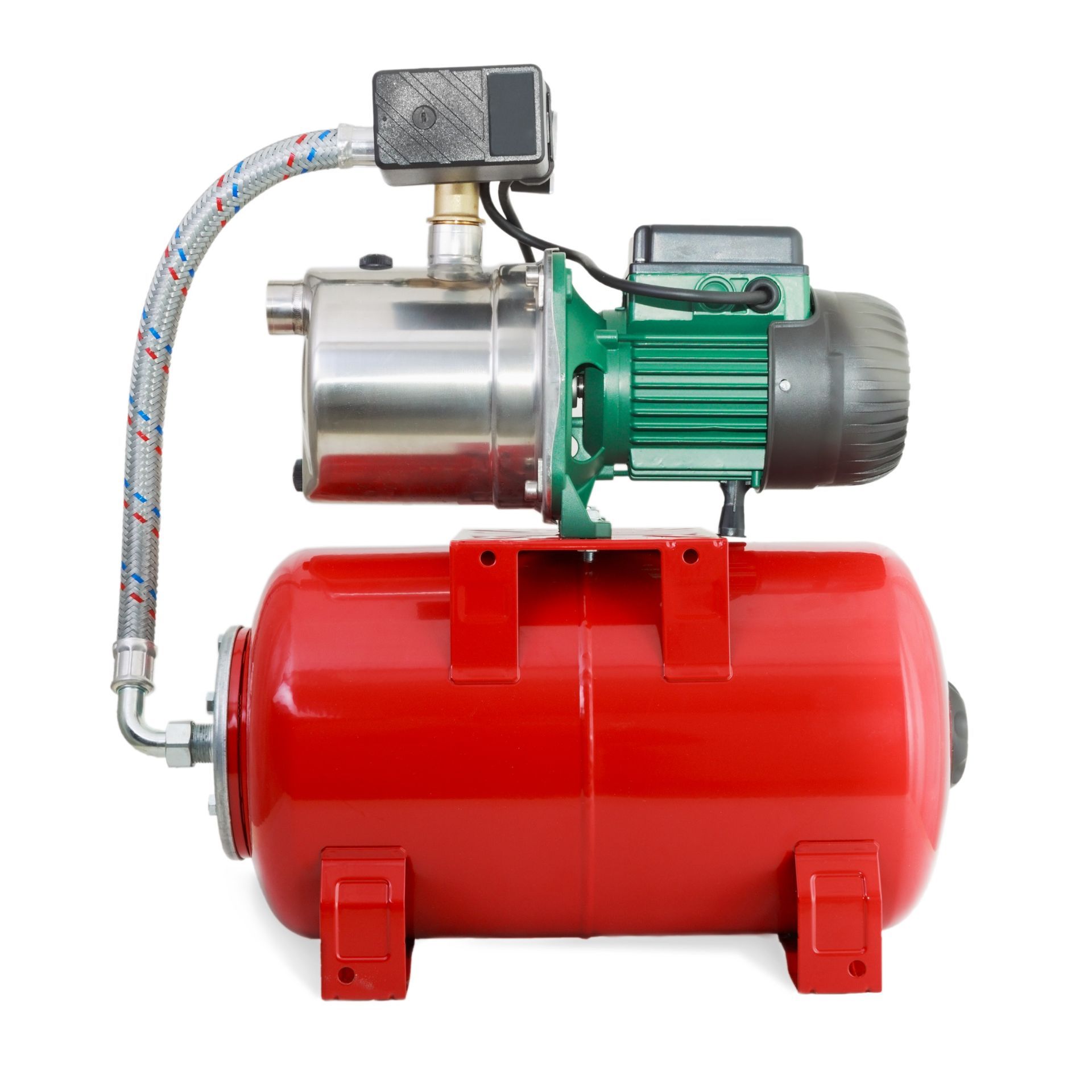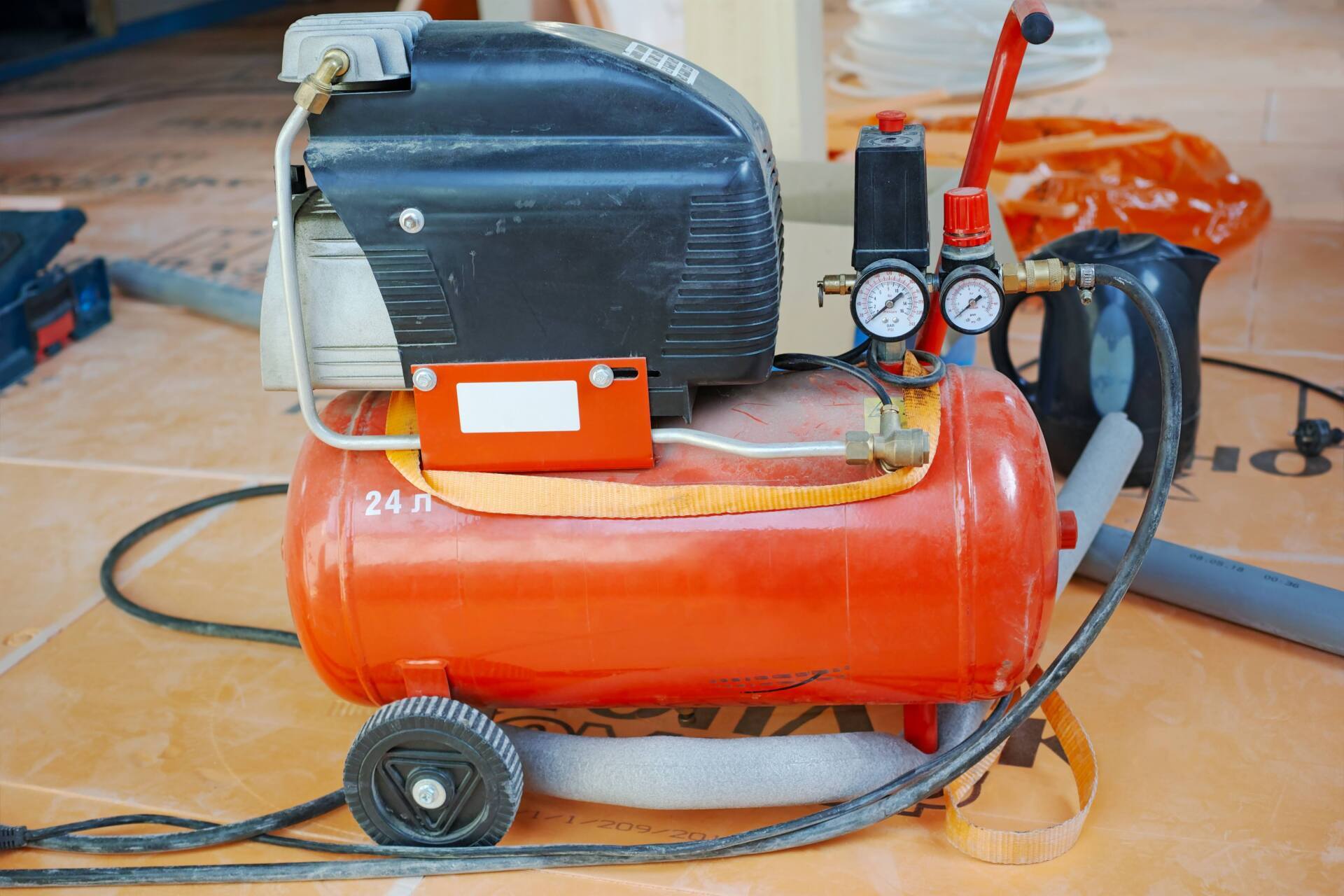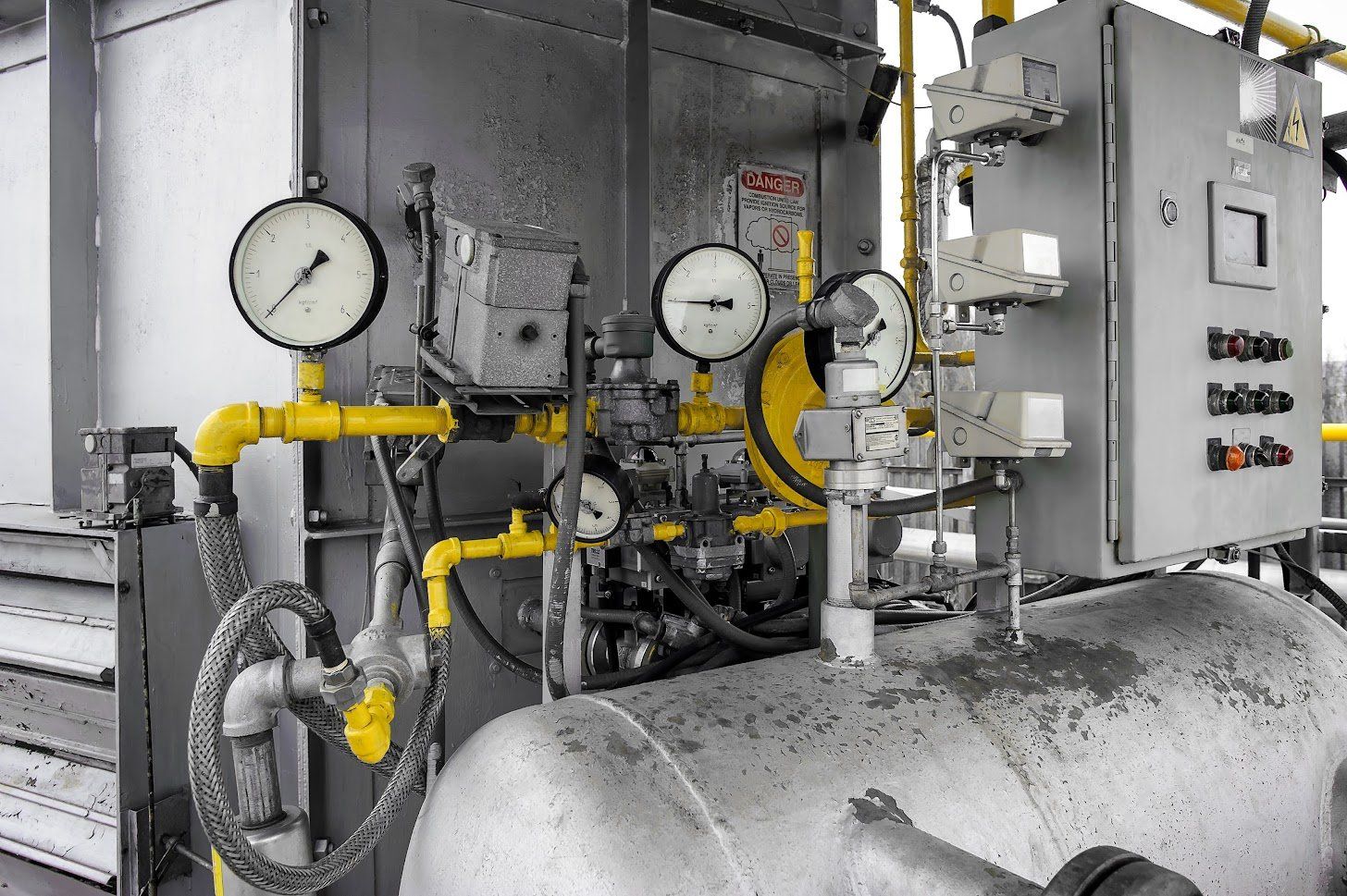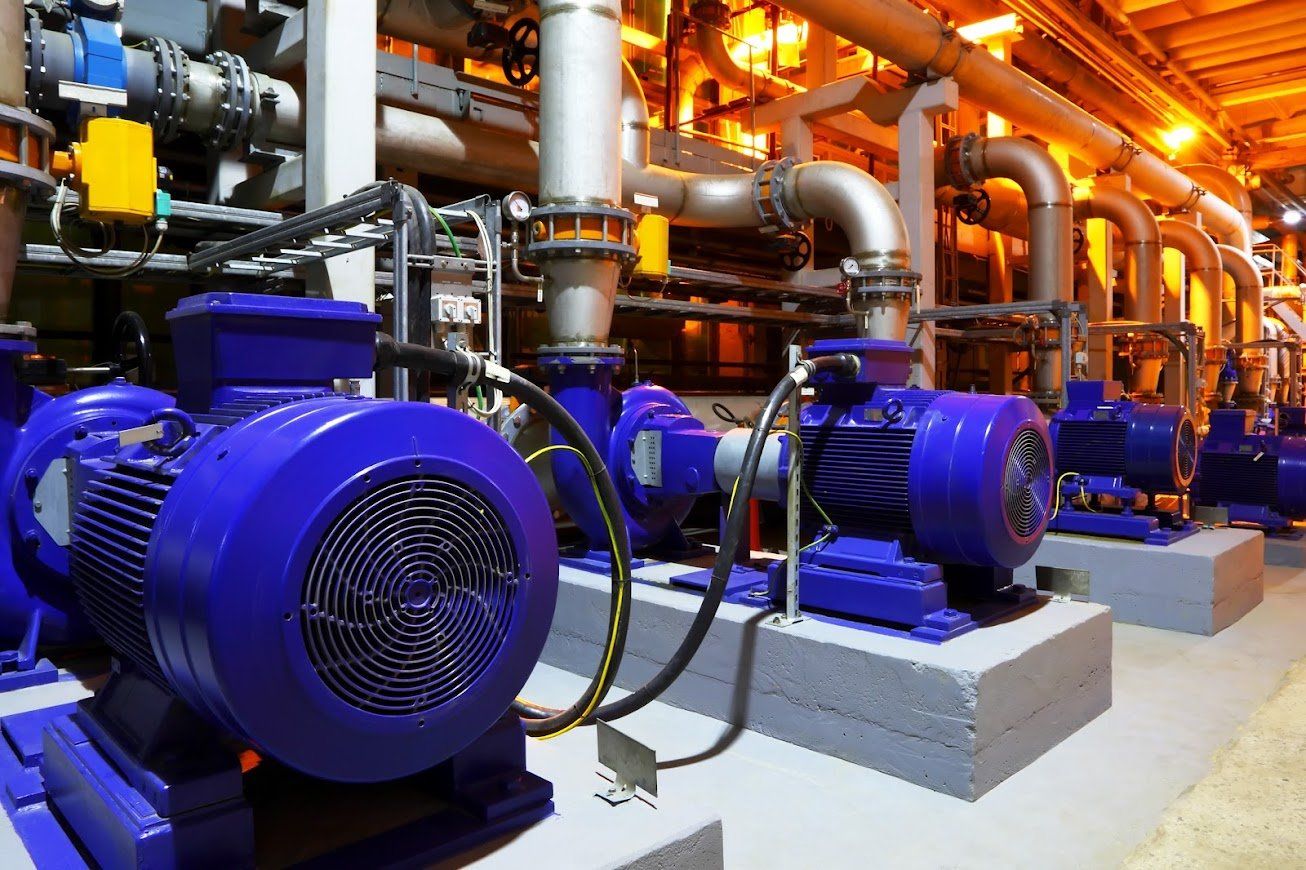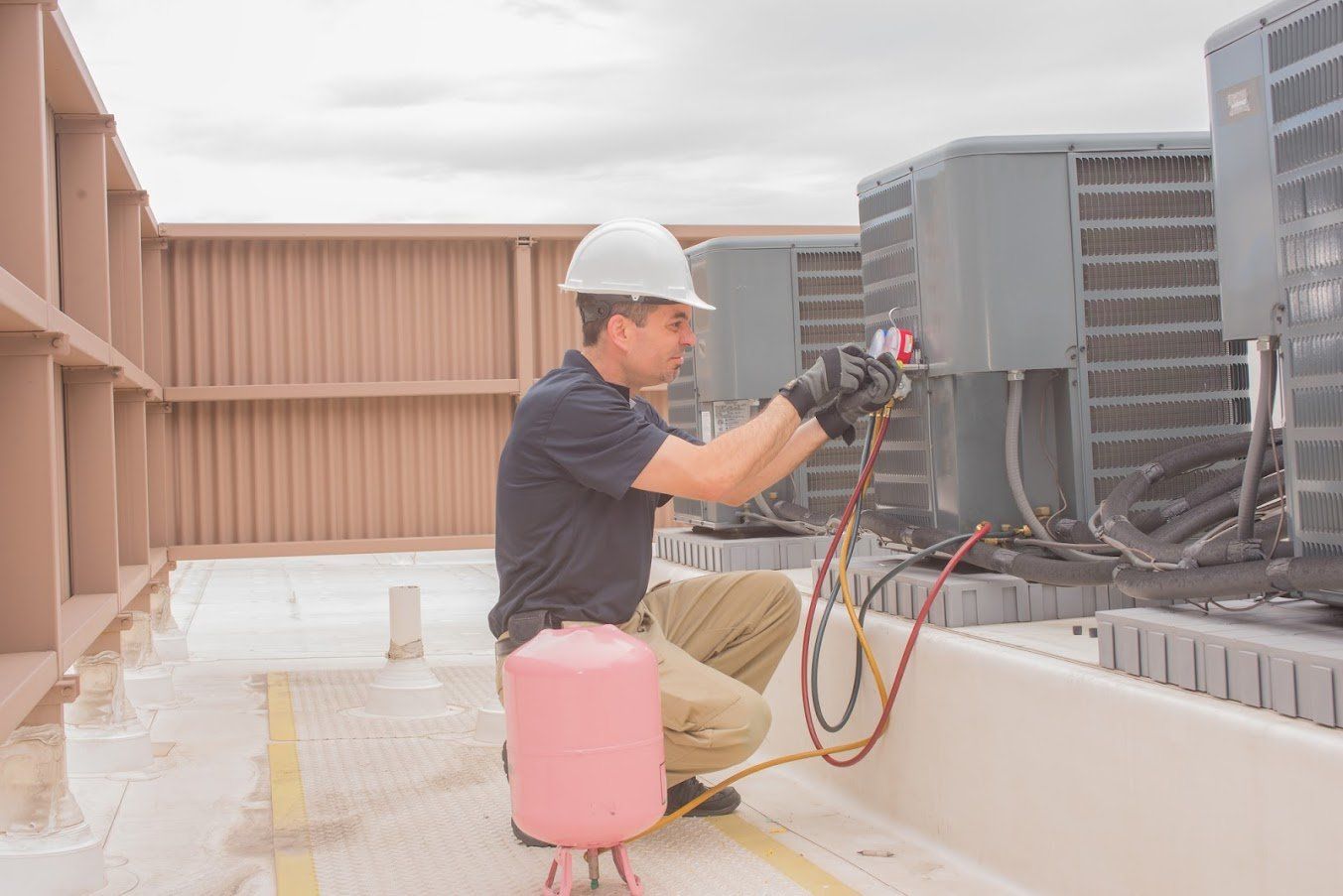Compressed Air Systems: Everything You Need to Know
Compressed Air Systems: Everything You Need to Know
- By Compressed Air Systems
- •
- 09 Aug, 2022
- •
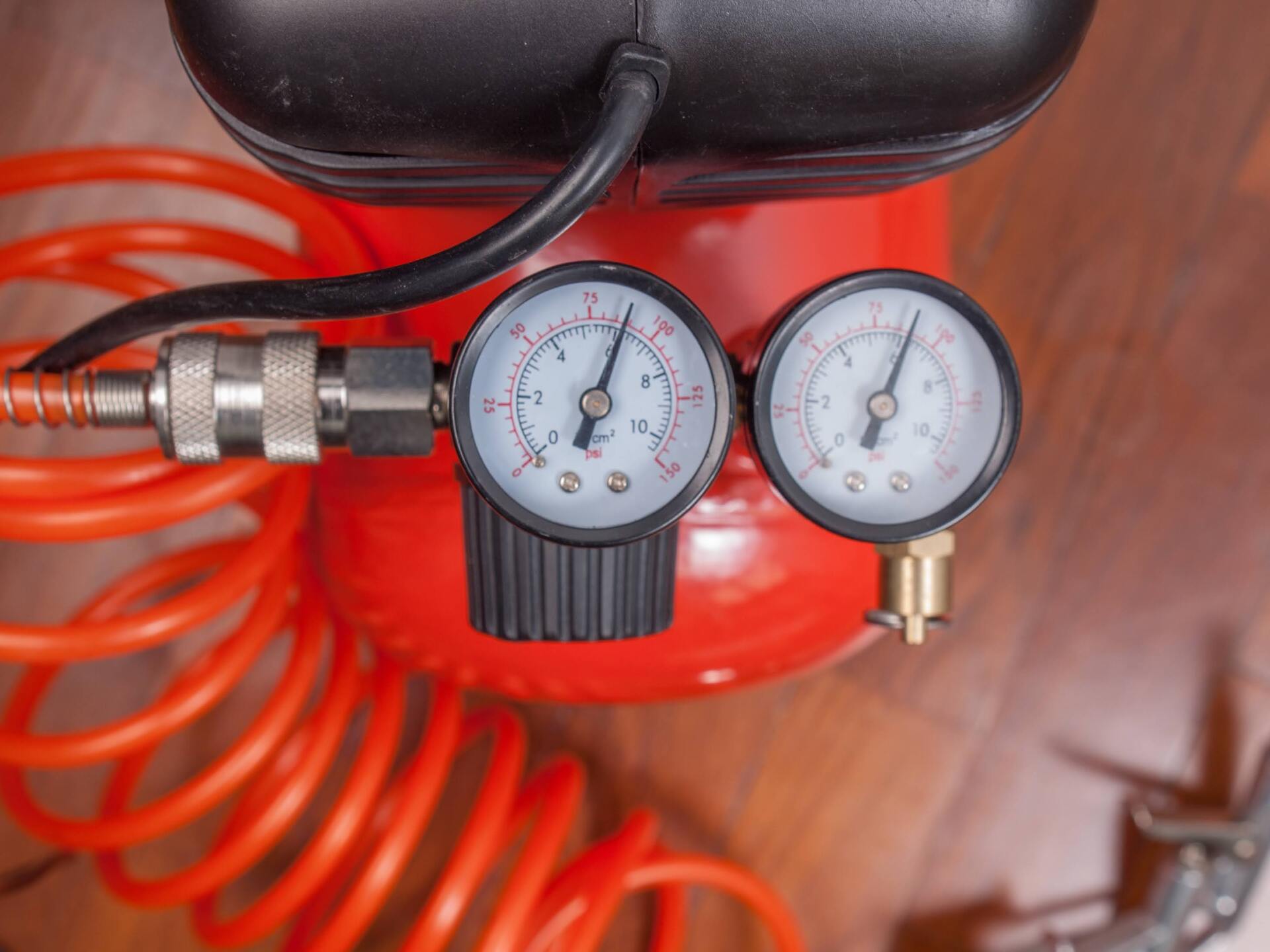
This guide answers the questions you might have about compression air systems.
What Is a Compressed Air System?
Other crucial parts include the air drier, which dries the air to remove condensation, and the aftercooler for cooling the system's lubricant and discharge air.
Why Would I Need a Compression Air System?
You can also use compression air systems in non-manufacturing sectors like recreation, transport, mining, construction, and agriculture. For example, underwater explorers use compressed air tanks to get the required oxygen supply.
How Do I Choose the Ideal Compressor for My Desired Application?
Centrifugal Compressors
The only challenge when using centrifugal compressor systems is limited airflow flexibility due to their complex controls and monitoring systems.
Piston-Type Air Compressors
Rotary Screw Compressors
Scroll Compressors
Why Should I Choose Compression Air Systems Over Alternative Power Sources?
Compression air systems offer numerous benefits, making them a preferred energy source in varying sectors. Below are some reasons why compressed air systems are better than electric and hydraulic systems:
- Lower maintenance: Thanks to low maintenance, you can reduce downtime when you use compressed air-powered tools.
- Increased safety: Unlike electric tools, compressed air tools don't expose you to the risk of electric shock.
- Lower cost: Compressed air systems are cheaper to buy and install than their electrical and hydraulic counterparts.
- Easier to Operate: Thanks to their lower weight, most compressed air tools are easier to use than electrical tools.
Air compressors are increasingly becoming a necessity in many industries, especially as an alternative way to power tools. However, to choose a compression air system that best suits your needs, you must know how they function and the advantages and disadvantages of each type. The information above can help you make an informed decision.
At Compressed Air Systems, we offer a wide variety of compressed air and vacuum systems to meet varying customer needs. Contact us today to learn more about our products and services.
- Mon - Fri
- -
- Sat - Sun
- Appointment Only






Serving Whatcom, Skagit, Snohomish King, and Pierce Counties.


